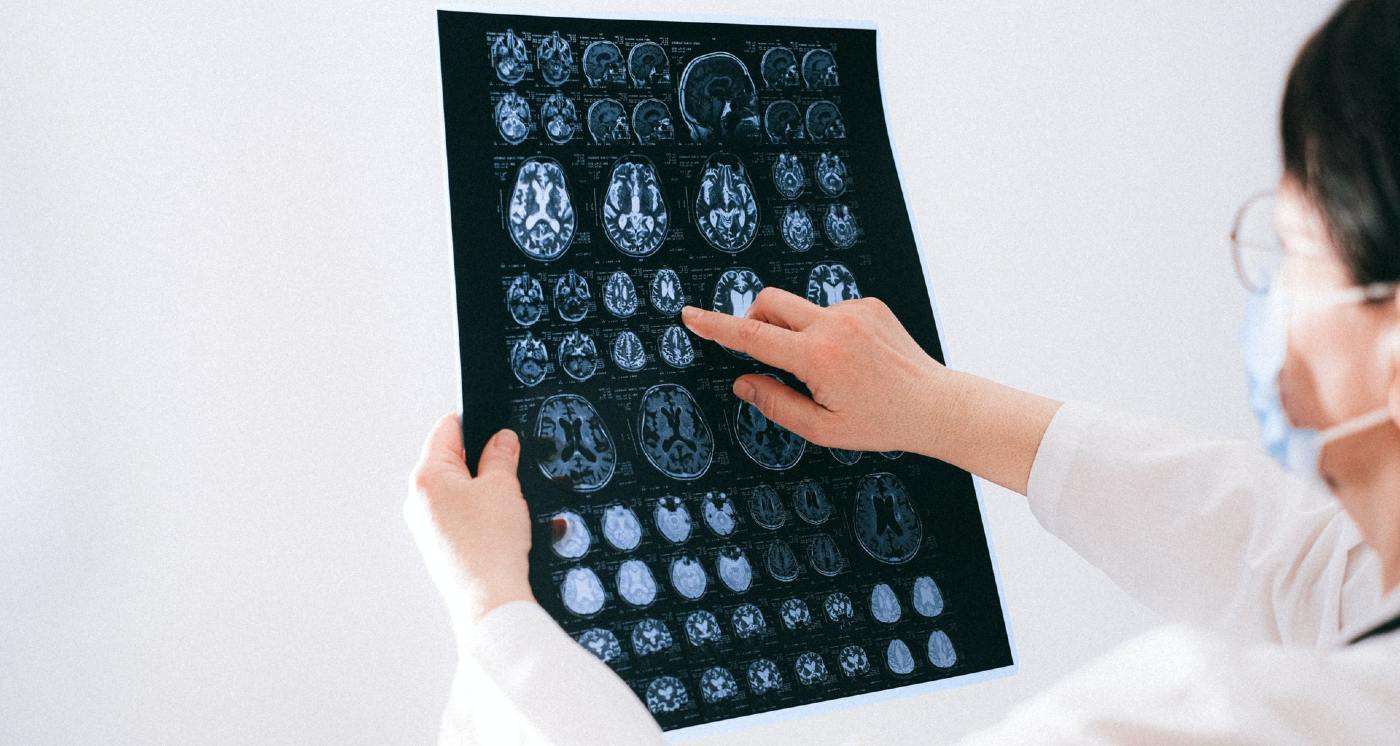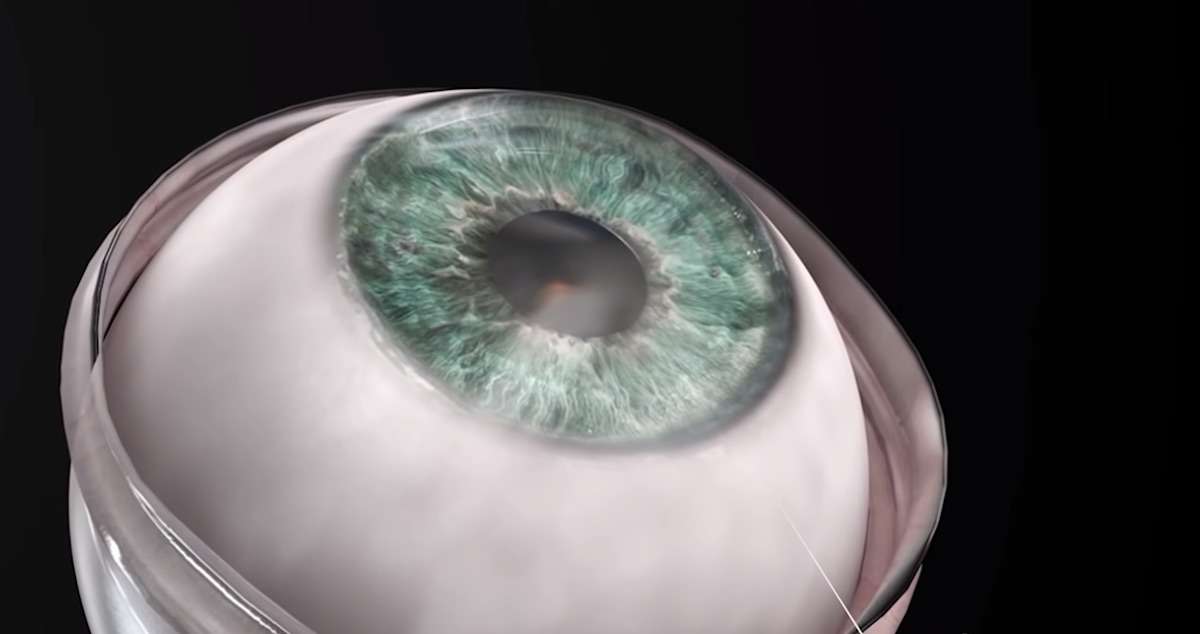The major pharmaceutical company Eli Lilly has just demonstrated efficacy of their Alzheimer's drug donanemab in phase 2 clinical human trials.
The results are a major development for the treatment of a disease that currently affects six million Americans, but that has almost no methods of alleviation.
Alzheimer's is caused by the buildup of tau protein structures called plaques. One such plaque, called beta-amyloid, is the major culprit of the neurodegenerative disease.
The investigational antibody Donanemab was shown in a trial of 272 patients with mid-stage Alzheimer's to significantly reduce clinical decline by 32% over 18 months by targeting a type of beta-amyloid known as N3pG.
Various markers, such as cognition and better brain function, were found to be positive, though others showed no improvement.
Patients were switched from donanemab to a placebo after the levels of beta-amyloid returned to those of a healthy person, a process which took only a few months in some participants.
"We are extremely pleased about these positive findings for donanemab as a potential therapy for people living with Alzheimer's disease, the only leading cause of death without a treatment that slows disease progression," said Mark Mintun, M.D., vice president of pain and neurodegeneration, Eli Lilly and Company.
A brain-swelling side effect, known as ARIA-E, occurred in 27% of patients treated with donanemab, the company said. However Alzheimer's has no cure and is fatal, so generally such side effects are more tolerated by FDA regulations, since there aren't other options for patients.
"Alzheimer's disease is uniformly fatal… I think this safety profile matched with this efficacy profile is something that we can be excited about," Daniel Skovronsky, Lilly's chief scientific officer, told Reuters.
A second trial with 500 participants is currently being organized with hopes the effects can be replicated.
SHARE This Hopeful News With Others Who'd Love to Hear it…










Be the first to comment